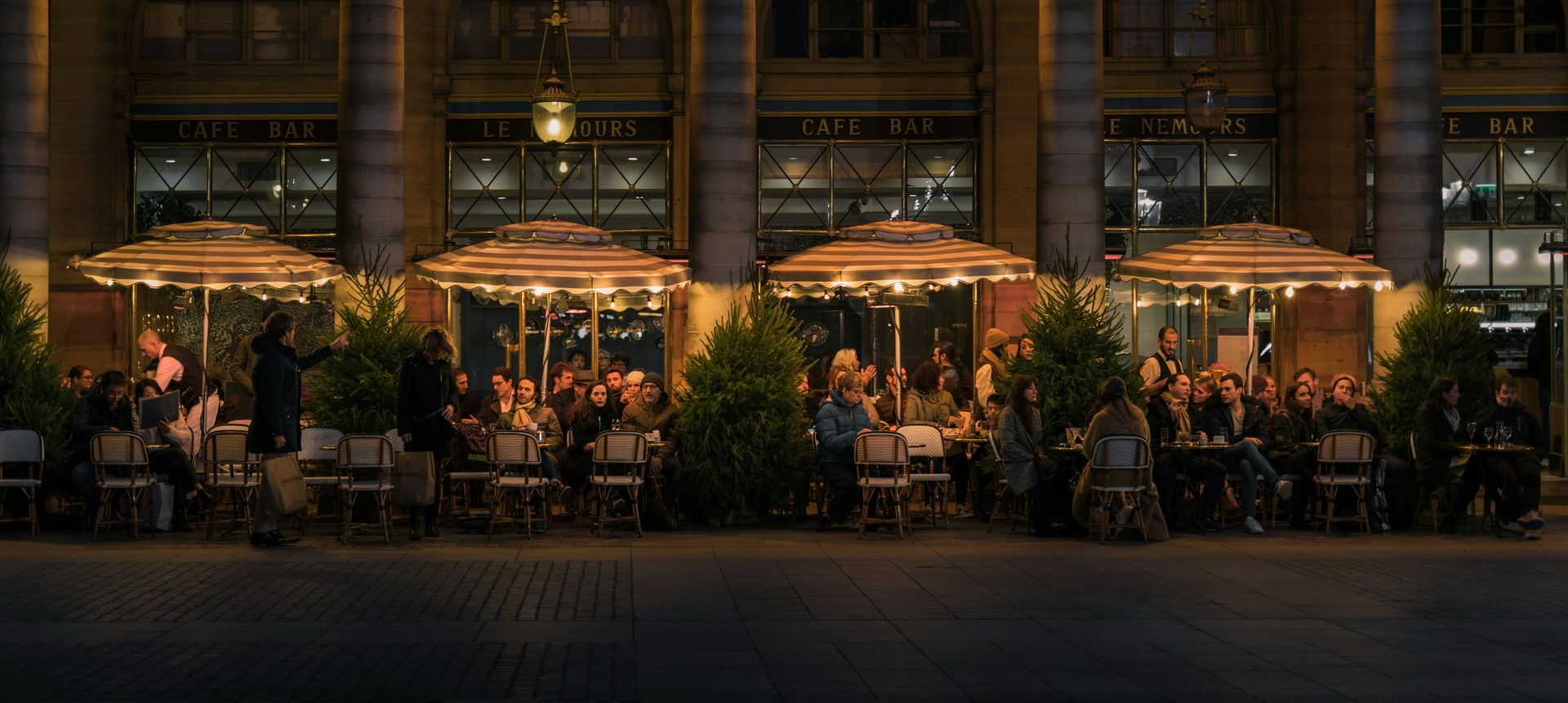Fake review scammers or vengeful customers, bad reviews can impact your business’s success.
A small restaurant chain is being blackmailed by fake review scammers. Here’s how they’ve taken down the fake 1-star reviews…
As reported by the BBC, Andy Sheridan and Sam Morgan, who have six restaurants across the North of England and Wales, have been threatened by criminals hoping to extort £2,000. After ignoring the blackmail, they then received fake 1-star reviews, downgrading the overall score of their business. They tried submitting appeals, but after hitting a dead end with the platform’s reporting processes, the co-owners had to go to the extreme, and report the fake reviews to Action Fraud and the BBC.
In the world of review fraud, there are now new laws under the Digital Markets and Competition and Consumer Act, making fake reviews illegal. Platforms have promised to crack down on review fraud, however bars restaurant and pub owners are still falling victim to this fake review blackmail scam.
What is the fake review blackmail scam?
Criminals threaten businesses, either through booking services or direct messages, and attempt to extort cash. Their weapon is fear, and the gangs target restaurants or bars which assumedly won’t have the resources to combat them.
It’s not the threat of one 1-star review, but hundreds, as they claim to spam your restaurant and tank it’s rankings. In the age of social media and digital advertising, TripAdvisor, Trustpilot and Feefo ratings are so important, so to have these artificially diminished is frustrating, or at worst, career-ending.
Giving in to demands and paying up may only make matters worse. The scammer could raise the ransom amount, or may post the fake review anyway. Business owners should not give in, nor should they ignore the messages. In Andy Sheridan and Sam Morgan’s case, they decided to play along to gain more information about the scammers.
The co-owners ended up reporting the scam to the BBC, after appealing to Google and TripAdvisor unsuccessfully. Google eventually took down the reviews but the co-owners still believe their business is under threat.

Where do fake reviews of bars, restaurants and pubs come from?
There are multiple reasons why your business may receive a fake review:
- Blackmail fake review scam.
- Aggrieved customers.
- Rival business owners.
- Ai generated reviews by bots.
How to spot a fake review of your bar, restaurant or pub?
Fake reviews can be hard to spot because of the level of anonymity the internet offers. Yet, recent surveys show that nearly 8 out of 10 customers believe they’ve come across fake reviews at some point. The largest indicator of a fake review, positive or negative, is the writing style and language used. Photo-less profiles are also an indicator, as well as generic sounding names.
Examine the details of the review, and find inconsistencies – these may be required in your appeal. In Andy Sheridan and Sam Morgan’s case, they spotted the reviewer mentioned prosecco, despite the establishment not selling any. Details that are inconsistent, or short reviews with little detail, are often fake. Afterall, if a customer is taking the time to leave a genuine review, they are likely to spend time writing about their experience and leave plentiful details.

How to remove fake reviews of restaurants, bars and pubs?
If the unfortunate happens, and your bar or restaurant or pub faces a fake review, then here are the best methods for getting it removed.
Reporting a fake review – Most platforms have a feature that allows for review submissions to be reported. However this only initiates a review process, frustratingly the review will remain up for the time being. The platform will offer an explanation as to why you want to report the review. For Google, here are the available reasonings:
- Low quality information
- Fake or deceptive
- Profanity
- Bullying or harassment
- Discrimination or hate speech
- Personal information
- Not helpful
It’s important here to choose the Fake or Deceptive option – in our experience, submitting multiple appeals has no benefit and choosing other options makes no difference.
Respond to the review – Positive or negative reviews, it’s always good to respond under your company name. If you are certain the review is fake, a solution is to simply reply with a response akin to: “This person is not known to the business. We are unsure of the validity of the author.” Although this will not help your overall 5-star rating, consumer do read replies to reviews and this can help your case.
Report illegal fake reviews to reporters or the authorities – Fraudulent reviews are illegal. They go against the terms of service of most platforms. Business owners should not be afraid to seek legal intervention and investigate the possibility of taking legal action against the account holder. If you can prove that their reviews have hurt your business then you will have a strong case, and should be able to argue for defamation.
It’s NDML’s mission to protect Nightlife Venues
At NDML, we understand the importance of bars, pubs and nightclubs to the local economy and our highstreets; we make it our business to understand the threats nightlife business owners face. As an insurance broker, we are on your side, negotiating with insurers to get you the best premium for the best terms, and delivering actionable objectives for your risk safety requirements. We are here to help bar and club owners overcome the daily challenges they face.
Learn more about NDML and stay up to date on the latest industry news by subscribing to our newsletter.







